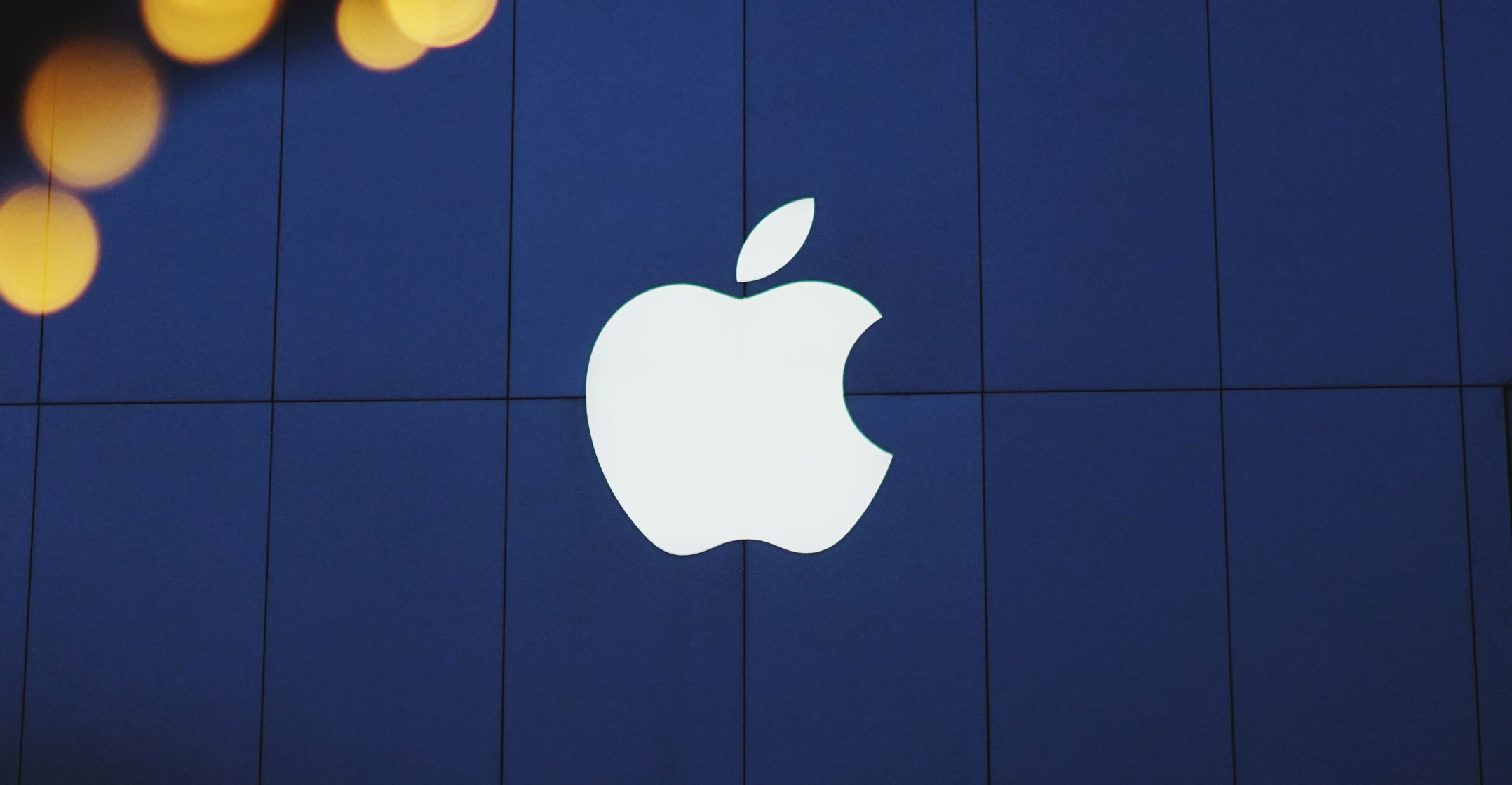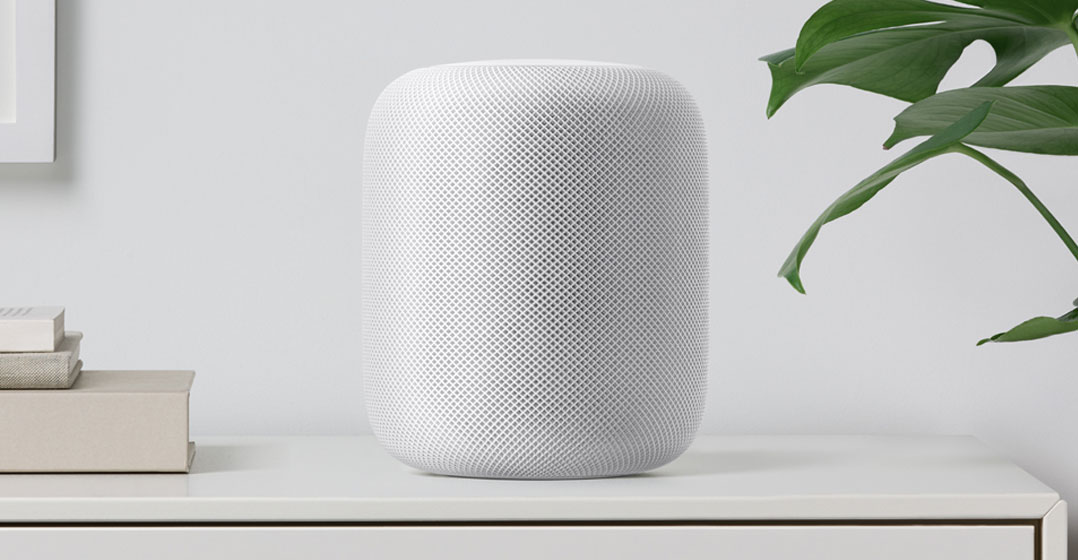
[dropcap]I[/dropcap]t is supremely odd that the technology industry’s most revered gadget maker, Apple, responded on Monday to a tech device first introduced by a relative gadget lightweight, Amazon.
This state of affairs would have seemed impossible in late 2014, when the digital shopping company first introduced a home speaker with a voice-activated digital helper built in. Yet here we are. Apple took the covers off a home speaker called HomePod with Siri as a voice-activated butler.
I’m sure HomePod will be great, at least for listening to music. Apple seems focused on making the very best home speaker, particularly for people who use the company’s Apple Music service. Probably sensibly, Apple executives spent far less time trumpeting how HomePod will work with Siri, which is still too dumb for all but basic functions like setting reminders. Outside companies’ digital music services — presumably including Spotify and Pandora — don’t appear to be accessible directly through the Apple speaker.
It feels even odder to write this: highly profitable Apple should try to become a little more like profit-challenged Amazon in the financial strategy behind its hardware business.
Both Amazon and Google parent company Alphabet most likely sell their home speakers and other hardware at a loss or perhaps a small profit. Those two companies aren’t trying to make money directly from selling phones, tablets, e-readers, US$40 Web video streaming devices and more.
Those devices are a gateway to the companies’ other technology and money-making opportunities. People who own an Amazon Kindle or a Google Chromecast Web-streaming connector for TV sets are more likely to gravitate to other technology from those companies or, in the case of Amazon, fill up their digital shopping carts more often.
Apple, though, doesn’t sell its primary products at a loss or anything close to it. The company as a whole has posted plump 38-40% gross profit margins fairly consistent for years. It most likely is now generating a bit lower gross margins on iPhones as smartphone component prices and competition heat up, but it has made up the difference from higher margin software products such as commissions from apps and subscriptions to Apple Music. Investors keep close tabs on Apple’s margins, and Apple optimises its business to meet its gross-margin range.
Apple said on Monday that HomePod would cost $349. It’s not clear whether Apple will turn a profit on the device when it officially hits the market later this year. It is more expensive than the Google Home voice-activated speaker with a list price of $129 and the Amazon Echo at $180. Apple’s price bump is likely tolerable for many people who buy some of its devices like the Mac line, which doesn’t have low-to-mid-tier prices to match many Windows computers.
But Apple should embrace more mass-market prices in new product categories. That’s because the profit margin targets that have been sacrosanct increasingly look like handcuffs.

Apple’s strict adherence to profit goals can potentially hinder experiments and runs counter to efforts to pitch itself as more than a hardware company, even though Apple generates 88% of its annual sales from iPhones, computers, iPads, headphones and other hardware. If Apple wants to be more than a hardware company, it needs to break out of its profit game sometimes.
Imagine what Apple could do if it didn’t mind losing money on one product like a home speaker or from potential future products like an Apple car or glasses that mix the virtual world with reality like the Pokemon Go game. If Apple wants to sell more people on its streaming music subscriptions, imagine what it can do if it sells HomePod as a loss leader to push more people on the wisdom of Apple Music on a specially designed home speaker.
There is already evidence that Apple’s gross-margin affection is holding the company back. Mark Gurman at Bloomberg News wrote earlier this year that the company didn’t move ahead with features that would have given its Apple TV Web-streaming product higher-quality video streaming and a video game controller in part because it didn’t want to skimp on its profit margin. Making product decisions based on preserving margins is perhaps a sensible financial decision, but it feels out of place when technology companies are jockeying to position themselves for the future.
Apple’s enviable profits are one of the most amazing aspects of the company. But the company is now being held back by those same enviable profits. To future-proof the company, Apple may need to let go of its pursuit of profit margins at any cost. — Shira Ovide, (c) 2017 Bloomberg LP




